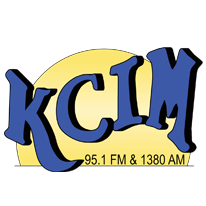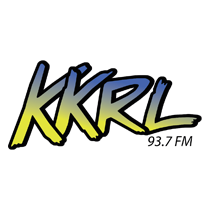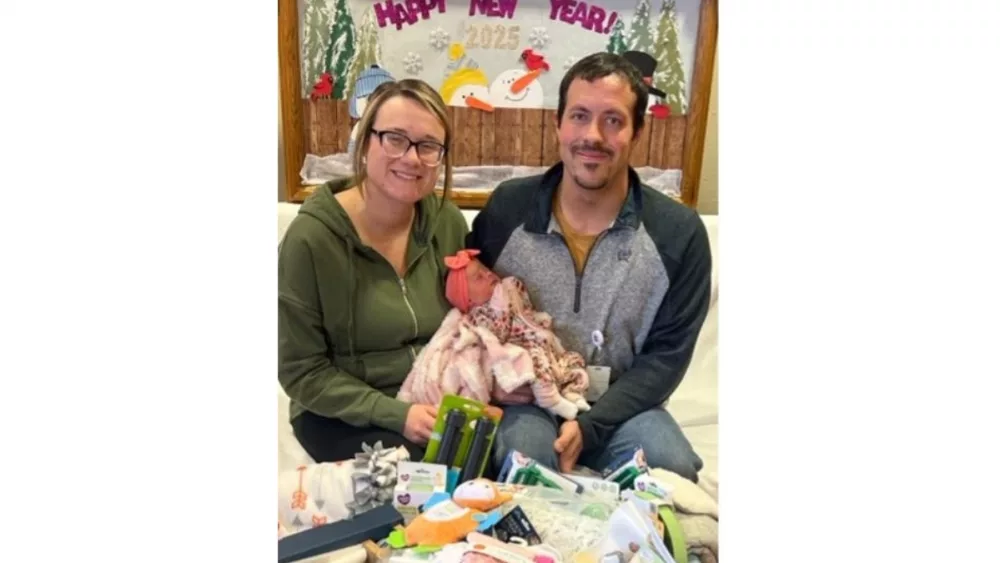The Iowa Department of Transportation (DOT) is loosening restrictions on licensing and vehicle registration as they do their part to combat the spread of the novel coronavirus. For individuals who hold a license that expired Jan. 17, 2020 or later, those licenses will be considered valid for driving purposes until Iowa’s State of Public Health Disaster Emergency has ended. Similar measures have been put in place concerning vehicle titles, registration and plates. Registrations expiring Jan. 17 or later will be considered valid until the declared disaster has ended. If purchasing or transferring a vehicle, the requirement to obtain a title and registration within 30 days has been temporarily lifted. Vehicles purchased from dealers will also not be required to acquire plates in the regular 45-day timeframe. Trucks hauling food, medical supplies, cleaning products or other household goods can exceed weight limits on non-interstate roads by 12.5 percent if they do not exceed 20,000 pounds on an individual axle and total weight does not exc eed 90,000 pounds. Posted bridge restrictions must still be followed. Some driver’s license and ID business is still be conducted at service centers by appointment only. All non-commercial drive tests have been canceled, and customers entering DOT service centers will be asked a series of questions to evaluate their risk of exposure to COVID-19. Additional information regarding how appointments can by arranged can be found with this story on our website.
______
IOWA DOT NEWS RELEASE
AMES, Iowa – March 18, 2020 – In response to the COVID-19 outbreak and Iowa Gov. Kim Reynolds’ issuance of a State of Public Health Disaster Emergency, the Iowa Department of Transportation seeks to combat the spread of the virus by taking the following immediate actions.
Driver’s license holders
If you have a driver’s license that has an expiration date of Jan. 17, 2020, or later you do not have to renew your license at this time. It will remain valid for driving purposes until the declared disaster has ended.
Vehicle titles, registration and license plates
If your vehicle registration expired Jan. 17, 2020, or later will be considered valid until the declared disaster has ended.
If you are purchasing or transferring a vehicle you will not be required to obtain a title and registration within 30 days. This will remain in effect until the declared disaster is over.
If you purchase a vehicle from a dealer you will not be required to obtain license plates within 45 days. This will remain in effect until the declared disaster is over.
Overweight Loads for Motor Carriers
On non‐interstate roads only, trucks hauling food, medical supplies, cleaning products, or other household goods may exceed the weights listed in Iowa Code 321.463 by 12.5 percent without a permit, so long as they don’t exceed 20,000 pounds on an individual axle, and their total weight does not exceed 90,000 pounds. Trucks are still required to obey posted bridge restrictions.
Driver’s service centers
If you decide you must come into an Iowa DOT-operated service center please be aware:
- Driver’s license and ID business is being conducted by appointment. This move is being made to limit the number of people waiting in a location at a time. Customers should make appointments online<https://iowadot.gov/mvd/other-appointments> or by calling 515-244-8725.
- All non-commercial drive tests will be discontinued and rescheduled to a future date.
- All customers entering a DOT service center will be asked a series of questions to evaluate their risk of exposure to COVID-19 and exposure to others being served. If it is determined that there may be a heightened risk for the customer to be served, they will be asked to delay services to a later date.
- Staff will be monitoring the number of customers waiting for services inside the facility to encourage social distancing guidance provided by the CDC. Customers may be asked to wait in their vehicles or come back at another time if service areas become crowded.
- Staff are regularly cleaning high-touch areas with disinfectants to reduce the chance of contamination.









